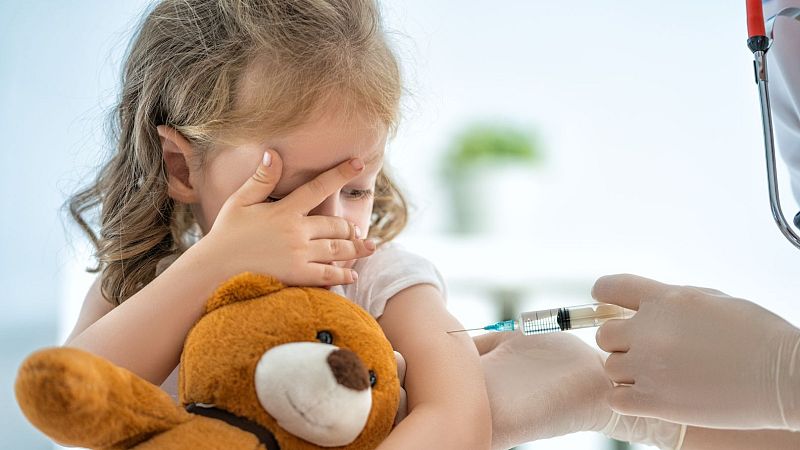Data shows nearly 1 in 5 young children in England are missing routine vaccination

Nearly one in five children in England is not up-to-date on a routine vaccination by the time they are school-aged – a share that has risen in recent years, new government data shows.
The data, which covers April 2024 to March 2025, shows that 18.6 per cent of 5-year-olds had not received a preschool booster jab to protect against serious illnesses such as polio, whooping cough, tetanus, and diphtheria.
That’s up from 13.7 per cent a decade ago, according to the report from the United Kingdom’s Health Security Agency.
Vaccine coverage varies across the country and is lowest in London, the agency said.
“Far too many children will not be fully protected and safe when starting school and are at risk of serious diseases,” Dr Mary Ramsay, the UKHSA’s director of immunisation, said in a statement.
Ramsay cited England’s recent measles outbreak, which sickened more than 700 children and killed one child this year. Health experts have blamed low uptake of the measles, mumps, and rubella vaccine for the increase in cases.
Ramsay said the measles outbreak is the “canary in the coalmine” and a “wake-up call that urgent action is needed to stop the very real risk of other diseases re-emerging”.
The UK data mirrors trends elsewhere in Europe. Other research indicates children are falling behind on routine immunisations for several reasons, including anti-vaccine sentiment, vaccine complacency – when parents do not see a reason to vaccinate their children because they believe the risks are low – and logistical hurdles.
“We know that for some parents it is simply because they are not aware when vaccines are due or because it is not always easy making an appointment for vaccination or attending at a time and a place that is convenient for them,” Helen Bedford, a professor of child public health at University College London, said in a statement.
In a bid to boost immunisation rates, the National Health Service (NHS) England has hosted extra vaccination clinics and catch-up programmes in schools and targeted outreach in local areas with low uptake, the UKHSA said.
Ramsay urged parents to check if their children are up-to-date on their vaccinations and said doctors should take time to speak with parents about any concerns they may have.
“There needs to be a concerted effort in providing these vitally important vaccines, to make time to speak and reassure any parents who may have concerns and make it as easy as possible for their children to get vaccinated,” she said.
Today

